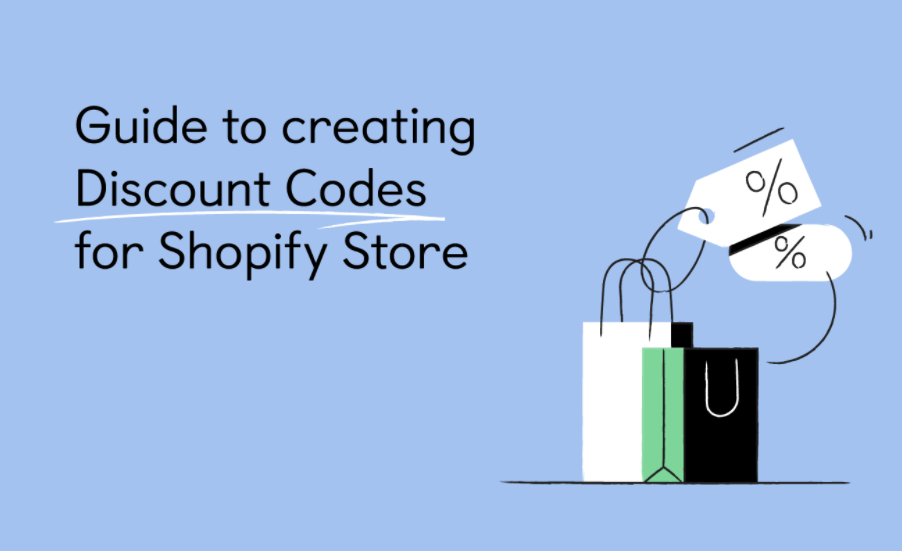Although approximately one-fifth of customers rely on online reviews when making purchasing decisions, a survey conducted by Clutch, a ratings, and reviews firm based in Washington, DC, revealed that 81 percent do not write reviews themselves.
Businesses are caught in a bind as a result of this paradox. Customers want the best of both worlds: the ability to read reviews while not contributing their own.
To close this gap, e-commerce businesses should concentrate on two distinct conversion objectives:
- Increasing sales conversions
- Changing customers into reviewers
Offering small incentives in exchange for reviews is a popular way to achieve this goal.
The most important rule to remember is that any incentivized reviews must be disclosed. This could be as simple as a line of text or a small badge outlining the promotion behind the review, such as a contest entry or a coupon.
Furthermore, incentives must be provided whether the review is positive or negative.
With those ground rules in mind, let’s look at three common incentives businesses can provide to persuade customers to leave a review.
How Rewards Motivate Customers to Write Reviews?
Every customer would leave glowing reviews for every product they bought in an ideal world. Unfortunately, that is not how the world works.
According to our research, roughly half of all consumers (52 percent) write reviews multiple times per month. The other half of the population submits this content far less frequently – and 2% never do.
Fortunately, several strategies have been shown to increase the volume of reviews for brands and retailers. Offering an incentive in exchange for a review is a particularly effective way to generate more content.
Incentives are the single most effective way to generate many reviews quickly.
In general, nearly three-quarters (73%) of consumers say they would be motivated to write a review if they were offered a reward. Incentives also motivate shoppers of all ages, which is perhaps unsurprising.

3 Suggestions for Providing Incentives That Increase Customer Review Conversions
Regardless of what a consumer is looking for, reviews are more important than ever. Brands and retailers must prioritize collecting a large amount of this content if they do not want to lose customers to a competitor. Offering the right incentive can be a great way to boost conversion across your website while also supercharging your review collection.
Tip -1: Provide a Future Discount
The most obvious incentive that businesses can provide in exchange for reviews is discounted. Customers are already comfortable collecting and applying coupons when making online purchases, so businesses are already adept at determining and offering discounts and other deals.
As an incentive for reviews, you have two choices: a cash amount or a percentage-based discount.
Businesses, like any other, should calculate how to set an appropriate amount to ensure that they still make an adequate profit. Consider the following questions:
- Will the discount be applied to a single item or the entire order?
- Will all items on your website be eligible for discounts, or will only certain items (such as non-sale items) be eligible?
- Will customers be required to use the discount within a specific time frame?
Coupons or discounts are a simple incentive that most businesses are already prepared to provide.
Tip -2: Hold a contest for reviewers.
As an additional incentive for writing reviews, e-commerce businesses can enter reviewers in a contest or sweepstakes.
Contests can be as straightforward or as elaborate as a company desires. Some significant companies may offer a $1,000 shopping spree or an all-expenses-paid trip to an exotic location. Still, smaller businesses will likely find that drawing a free item or gift card with a custom certificate is just as appealing.
Nordstrom, for example, ran a promotion in which customers could enter sweepstakes in exchange for a review. Like all ethical and legal incentives, Nordstrom makes it clear that an incentive was offered in exchange for this review.
Tip-3: Include a Bonus with Their Next Purchase.
Native, a San Francisco-based all-natural deodorant company, has devised a clever strategy to encourage customers to refer new customers. When customers make a purchase, they are given a unique code to share with family and friends.
The native will include a free travel-size deodorant in the original customer’s next order if a friend or family member uses that referral code to make a purchase. Native engage new audiences through word-of-mouth referrals and entices existing customers to return and shop again.
Companies can learn from this example and apply it to gathering online reviews. You have the opportunity to introduce customers to a product they might not have ordered otherwise by offering a small sample or add-on as an incentive for writing an online review.
You can also encourage customers to return to your E-commerce site by requiring them to make a future purchase to redeem the sample.
The best way to provide discount coupons while submitting reviews for your brand
Collect instant Customer Reviews on WhatsApp, the platform of choice for your customers. There will be no more time-consuming forms or e-mails that end up in spam folders.
People on WhatsApp respond quickly to Review Requests. The message is easy to understand and respond to. As a result, the number of Review responses has skyrocketed. Review Requests on WhatsApp is an entertaining and intriguing game.
Customers quickly respond to chat messages. They are also able to respond with images and videos. Reviewbit Review Requests via WhatsApp are as simple as taking a photo or recording a short video and uploading it to the platform. At the same time, those who submit reviews will automatically receive a discount code. It’s the same as talking to a friend.
Wrapping it up
As E-commerce companies seek online reviews for their products, they face the difficult task of persuading busy customers to share their thoughts. An incentive would be sufficient for some customers to persuade them to write a review.



Leave A Comment?